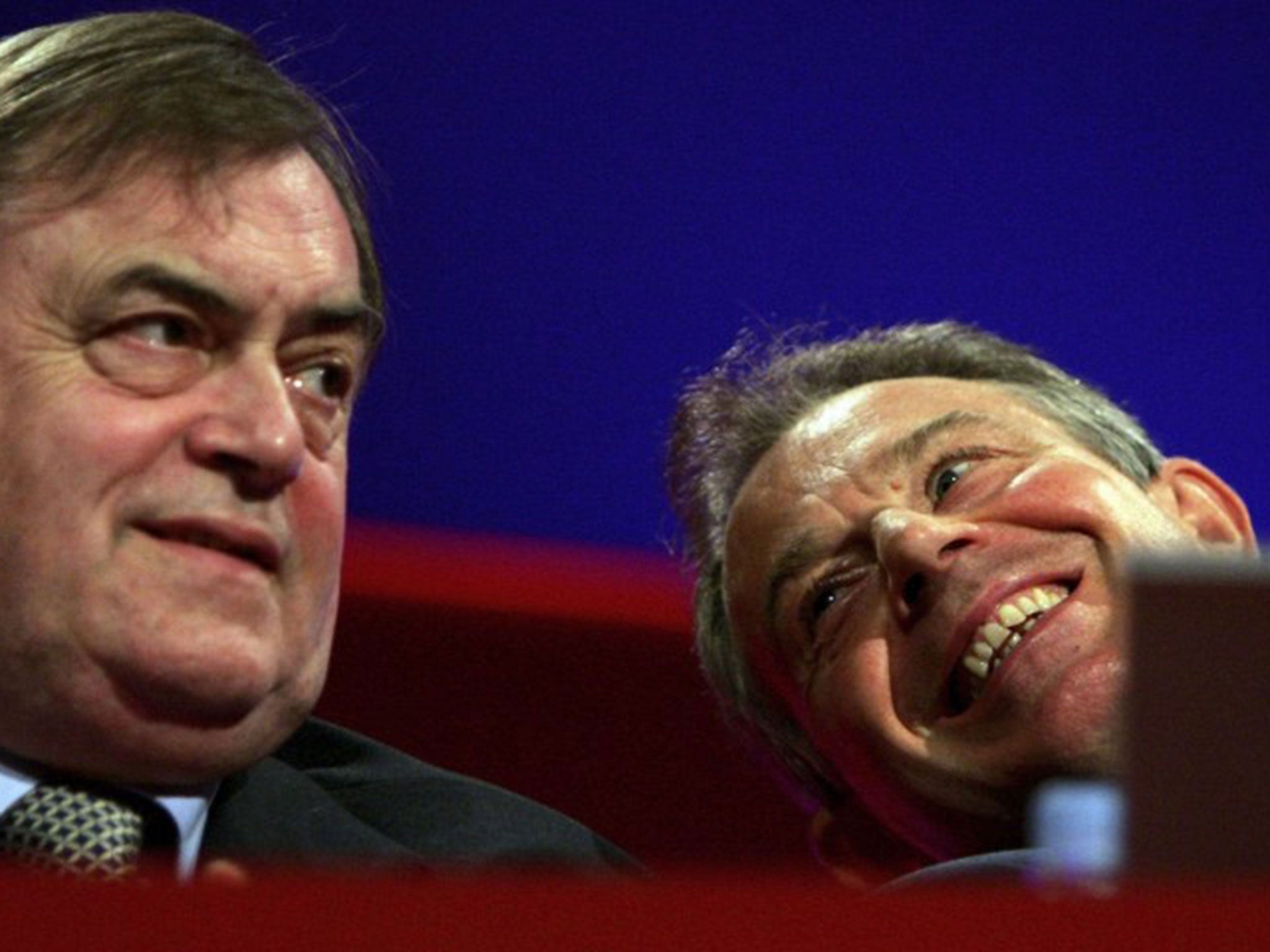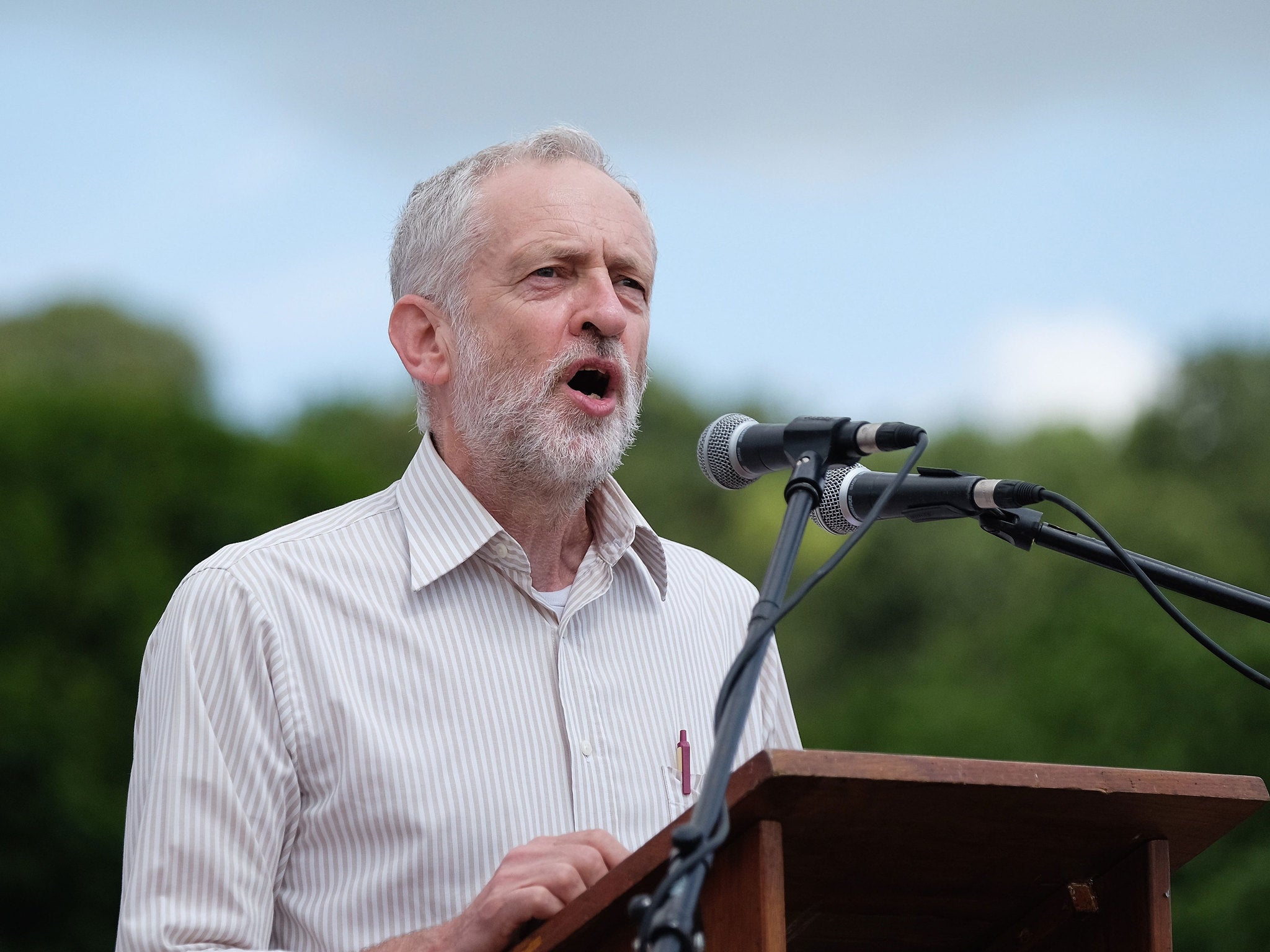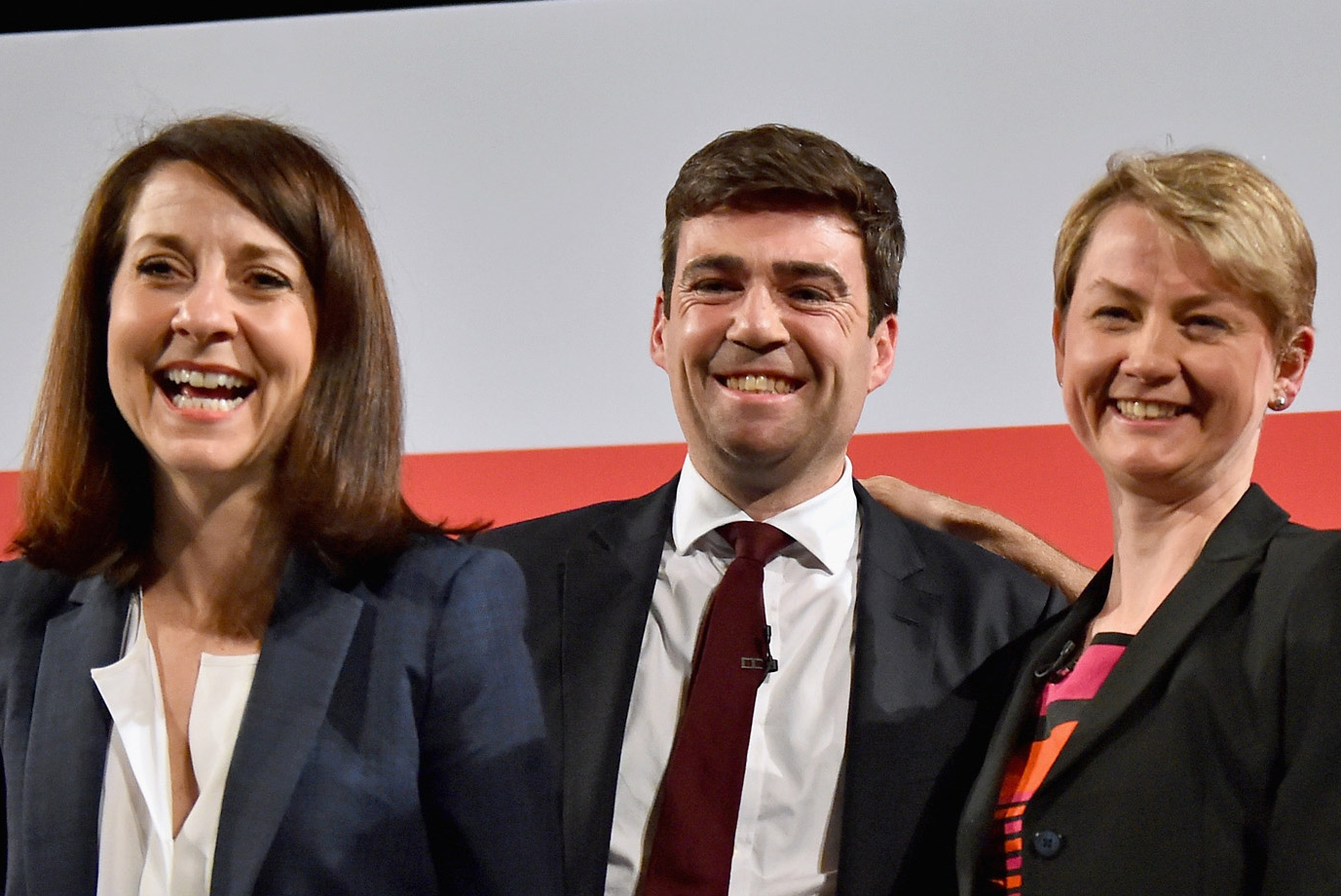Labour is misreading election results: Five years is a long time in politics
Though after the events of the last few weeks Labour is doomed to be all over the place for quite some time


Your support helps us to tell the story
From reproductive rights to climate change to Big Tech, The Independent is on the ground when the story is developing. Whether it's investigating the financials of Elon Musk's pro-Trump PAC or producing our latest documentary, 'The A Word', which shines a light on the American women fighting for reproductive rights, we know how important it is to parse out the facts from the messaging.
At such a critical moment in US history, we need reporters on the ground. Your donation allows us to keep sending journalists to speak to both sides of the story.
The Independent is trusted by Americans across the entire political spectrum. And unlike many other quality news outlets, we choose not to lock Americans out of our reporting and analysis with paywalls. We believe quality journalism should be available to everyone, paid for by those who can afford it.
Your support makes all the difference.The Labour Party has lapsed into a crisis that was wholly avoidable and arises from a wilfully self-serving or inadvertent misreading of the party’s unexpected defeat at the election.
The current bizarre situation – in which Jeremy Corbyn might be the party’s next leader, John Prescott attacks Tony Blair on peak-time radio, Blair suggests those who are “thinking with their heart” should get a transplant and Labour MPs abstain despairingly on the Government’s contentious welfare Bill, one of the defining pieces of legislation in this parliament – is a consequence of what has happened since the election rather than what occurred before.

When the Conservatives won in May some of the more militant Blarites leapt to declare the outcome was proof Labour needed to move well to the right. The Conservatives won with a tiny majority of 12, but the unexpected outcome was perceived as a landslide. The noisier Blairites, mainly from the media, are like the Bennites in 1979 interpreting the result to fit their preconceived ideas. In 1979 Tony Benn declared that Labour could have won from the left, omitting to note that Margaret Thatcher had won from the right. After the election the argument that Labour could win only from the right was challenged by Labour’s slaughter in Scotland. In a highly complex election result, Cleggite liberalism, a creed much admired by some Blairites, also led to a slaughter of Liberal Democrats.
In spite of these complexities, a post-election narrative was quickly in place. Labour had been defeated for being recklessly left-wing. Ironically it was a narrative made for the left-wing Jeremy Corbyn. The two more experienced candidates in the leadership contest, Andy Burnham and Yvette Cooper, were trapped in the early weeks of the campaign into silly tests of their fiscal prudence. Knowing that perceptions of fiscal imprudence were a cause of their party’s defeat, they agonised to find answers that conveyed a new rectitude without conceding that the last Labour government’s spending caused the global financial crash. In their agonies it appeared that the leadership contest was between three figures battling it out on a tiny amount of political terrain.

While the seemingly narrow battle was a gift for Corbyn it was also a present for George Osborne. In his Budget he adopted Ed Miliband’s arguments on higher wages and better training as a solution to soaring welfare bills and low productivity. When Tony Blair moved towards the Conservatives’ terrain in his final years as Prime Minister, David Cameron and Osborne smartly supported him. But it was difficult for Labour to claim any vindication after the Budget when many of its leading members had declared the previous five years to be a total disaster, a calamity that arose in their view partly because Miliband had advocated what Osborne was now adopting.
While Osborne leapt on to some of the suddenly empty space, Corbyn has enough terrain to dance the night away. The fourth leadership candidate voted against the welfare Bill and could state unequivocally that he would not rush to wipe out the deficit now. But he is the other side of the Blarite coin in his imprecision about mapping out a route to power. He is “for peace” and “against austerity”, as vague as proclamations that elections are won on the centre ground. Corbyn’s hero, Tony Benn, spent most of his career fighting leadership contests and never won. Benn had been a cabinet minister and a mesmerising orator. Corbyn has been a backbencher since 1983 and might win almost by accident. If he were to do so his election would be a seismic event in British politics and mark the biggest crisis for Labour since the split with the SDP and probably much bigger than that.
Meanwhile in a situation more multi-layered than the mid 1990s, Tim Farron, the new leader of the Liberal Democrats, is, like Charles Kennedy, at ease on the centre left. If Labour stages a battle between centre-right Blairites and Jeremy Corbyn, Farron will revive his near-dead party quickly. In this week’s Commons debate on the welfare Bill he and the SNP were the confident and coherent opposition. Labour was all over the place.
After the events of the last few weeks Labour is doomed to be all over the place for quite some time. The autumn will be pivotal, and the new leader, who will probably not be Corbyn, faces a titanic task in turning around a party still bewildered, bereft after the election and split several ways over the recent past and the future. Yet in the immediate aftermath of an election politics is at its most frenzied and irrational. The Government is on a honeymoon, prompting the Greek chorus of commentators to predict prematurely it has already won the next election. The main Opposition is without a leader, generating a thousand columns about how it will be out of power for 10 years.
In the summer of 2010 much nonsense was written about how voters loved coalitions because the Coalition was on its honeymoon. The next election is a long way away. In a year’s time the announcement of the Government’s overall target for big spending cuts may well seem the most significant event of last week. But for now Labour is the story, and while the ending is so dramatically uncertain it is a very big story too.
Join our commenting forum
Join thought-provoking conversations, follow other Independent readers and see their replies
Comments